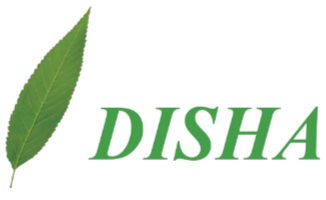Coastal Communities
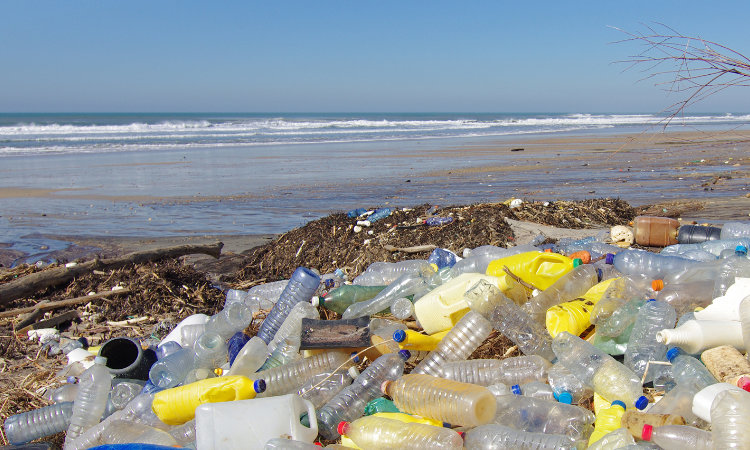
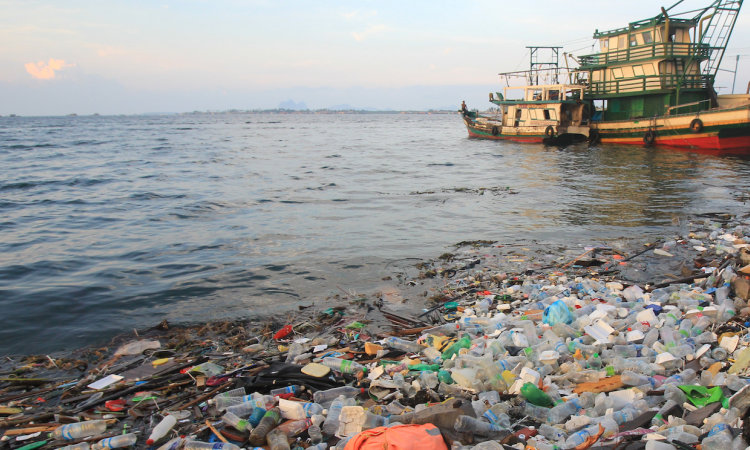
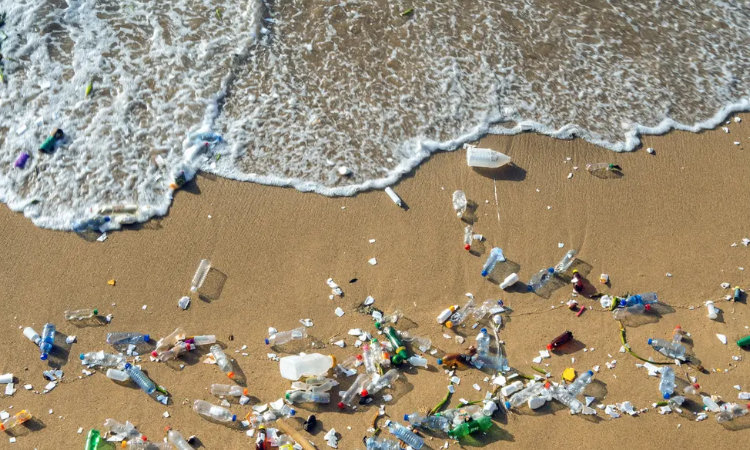
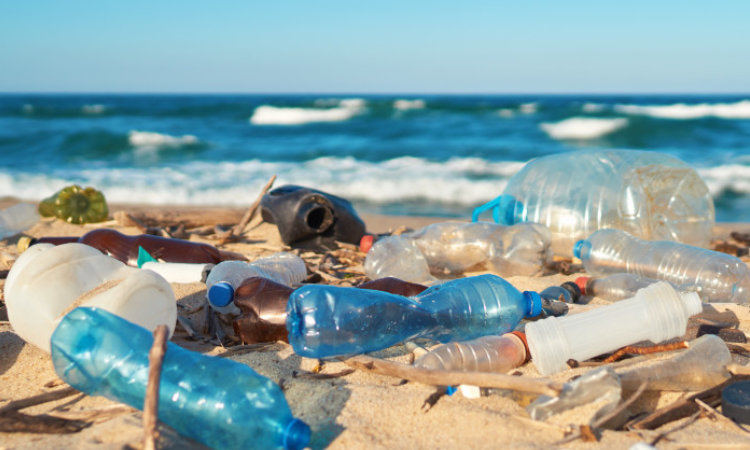
Our work with nature-dependent rural communities and on environmental concerns have made us acutely aware of the vital role played by women in ensuring long-term and community-based sustenance and sufficiency. We have also identified some of the key stress areas that women face in terms of social oppression and economic deprivation. Thus, facilitating women’s empowerment has come to be one of our focus areas of work. Active participation of women has been pivotal in our various activities on preferential access to and wise use of natural resources by grassroots-level communities who depend on such resources for their sustenance and survival. Some women community leaders have emerged from our long-standing commitments with the fishing and coastal communities of West Bengal, and their work has been instrumental in ensuring better standards of living and access to livelihood opportunities among rural communities.
- Since 2016, we have been facilitating Community Managed Sustainable Agriculture (CMSA) practices under the State Rural Livelihood Mission (SRLM) of West Bengal, also known as Anandadhara, across five districts of south Bengal. As an integral part of this work, we have focussed on training and empowering women from the rural communities of south Bengal in CMSA practices. We continue to coordinate closely with women’s Self-Help Groups (SHG-s) to facilitate nature-oriented and sustainable agricultural and other livelihood practices across multiple villages in south Bengal. A key programme under CMSA is the creation of Progressive Mahila Kisans (PMK-s) from the rural communities who extend the work undertaken by the community resource persons to the neighbouring villages. Our CMSA team in the Purba Medinipur district has been particularly successful in training PMK-s from the Ramnagar I block. By 2018-19, all 17 women trained by us in that block were successfully engaged as PMKs under the SRLM.
- Our community-based knowledge hub cum training centre at the Dhuchnikhali Mouza, functioning in the Sandeshkhali II Block of the Sundarbans since 2017, focuses on enabling knowledge-based empowerment of women farmers in highly saline areas, and on orienting women from the local communities towards entrepreneurship based on traditional and sustainable livelihood practices such as nature-oriented agriculture, fishing, beekeeping, and livestock rearing, including both cattle and poultry. Through our work with the community-based organisation named Sundarban Rural Development Society at Lahiripur, Gosaba in the Sundarbans, more than 150 women from the Gosaba region are being supported for rearing fish, chicken, duck, goats, etc.
- We continue to provide training on techniques and practices of these eco-sustainable agrarian practices to women from the Gosaba block of the Sundarbans. We also continue to empower and support these women through assistance in successfully tapping into forest-dependant livelihood activities such as collecting non-timber forest products and benefitting from the Minimum Support Prices-regime in this regard, doing forestry-plantation work, cleaning the forest floors through ecologically sustainable methods. Other than in the Sundarbans, our community-based and nature-oriented livelihood training programs in Sabang, Paschim Medinipur also focuses on empowering women from the rural communities there through community-based skill development and entrepreneurship orientation.
- We also continue to work extensively towards the empowerment of the marginalized and impoverished Tiger Widows of the Sundarbans. Through a host of awareness events and campaigns at the grassroots level, and coordination with the relevant government authorities, we continue to support the Tiger Widows from Gosaba block and other areas of the Sundarbans in claiming their legal recompense and insurance amounts. We also continue to provide them with training on eco-sustainable livelihood practices. To pursue and coordinate these activities, we are running a Tiger Widows Support Centre in Gosaba, South 24 Parganas, since 2017. As of 2020-21, we are supporting 12 Tiger Widows engaging them for forest cleaning, plantation, and nurturing the Sundari plants in Lahiripur, Gosaba.
- Other than Tiger Widows, we also continue to support and assist the Sea Widows from the coastal fishing communities of South Bengal in claiming due recompense and insurance through due administrative processes, and we also coordinate between such claimants and the state administrative machinery in this regard. We also seek to empower them through community-based livelihood skills training. In 2022, we provided sewing machines to around 20 Sea Widows in Kakdwip, South 24 Parganas. They are being trained to produce school uniforms and procure government orders for the same.
- Gender sensitization has been an integral part of our community-based educational program Child Sponsorship Project, in two coastal blocks of the Purba Medinipur district. This work started in 2015 and is still in continuation. As a result, discrimination against girl children has significantly declined in the coastal villages there.
- Over the years, we have continued to scale up our activities focussed on empowering women at the ground level through continuous and focused livelihood training, entrepreneurship orientation, assistance in access to sustainable livelihood opportunities, and community-based leadership development.
